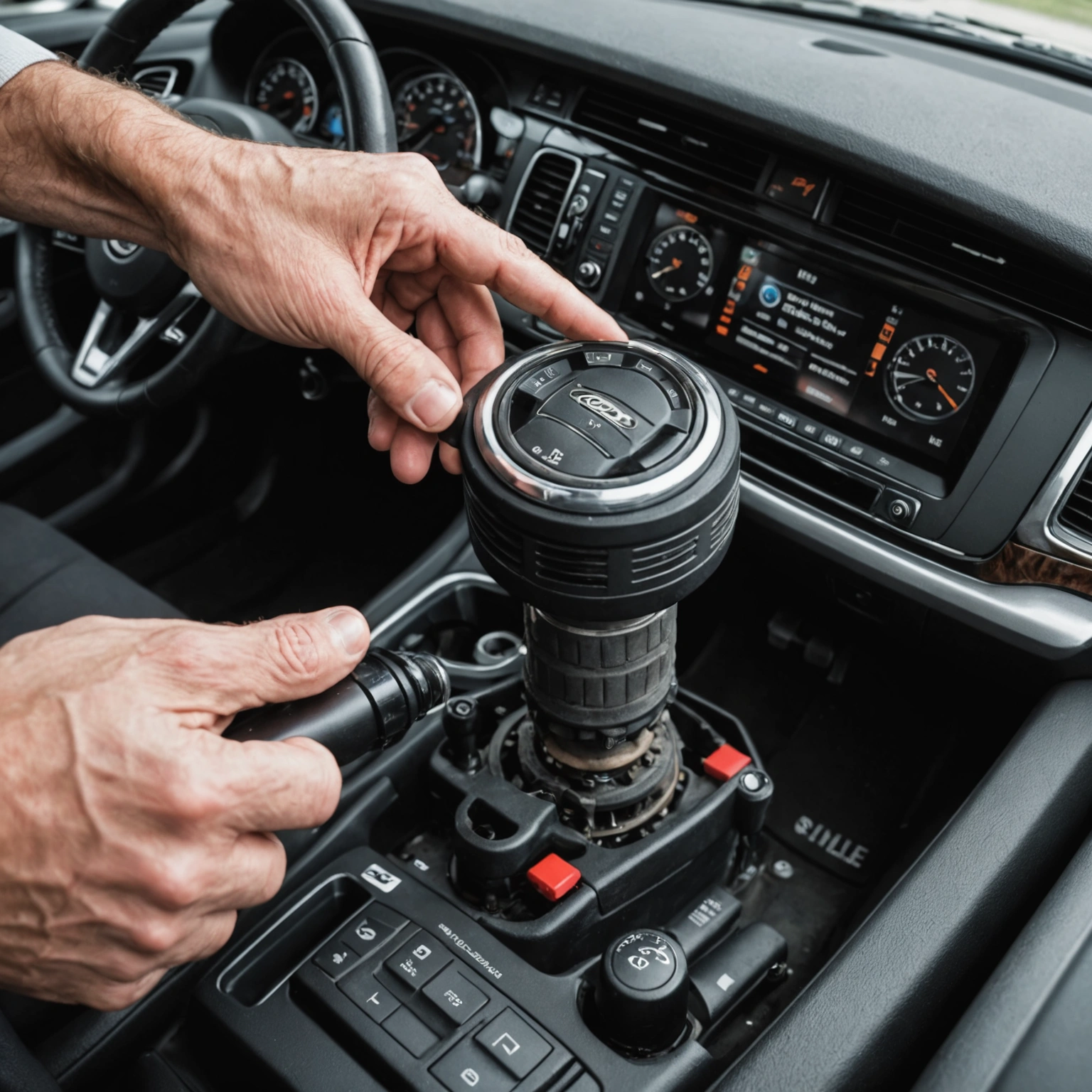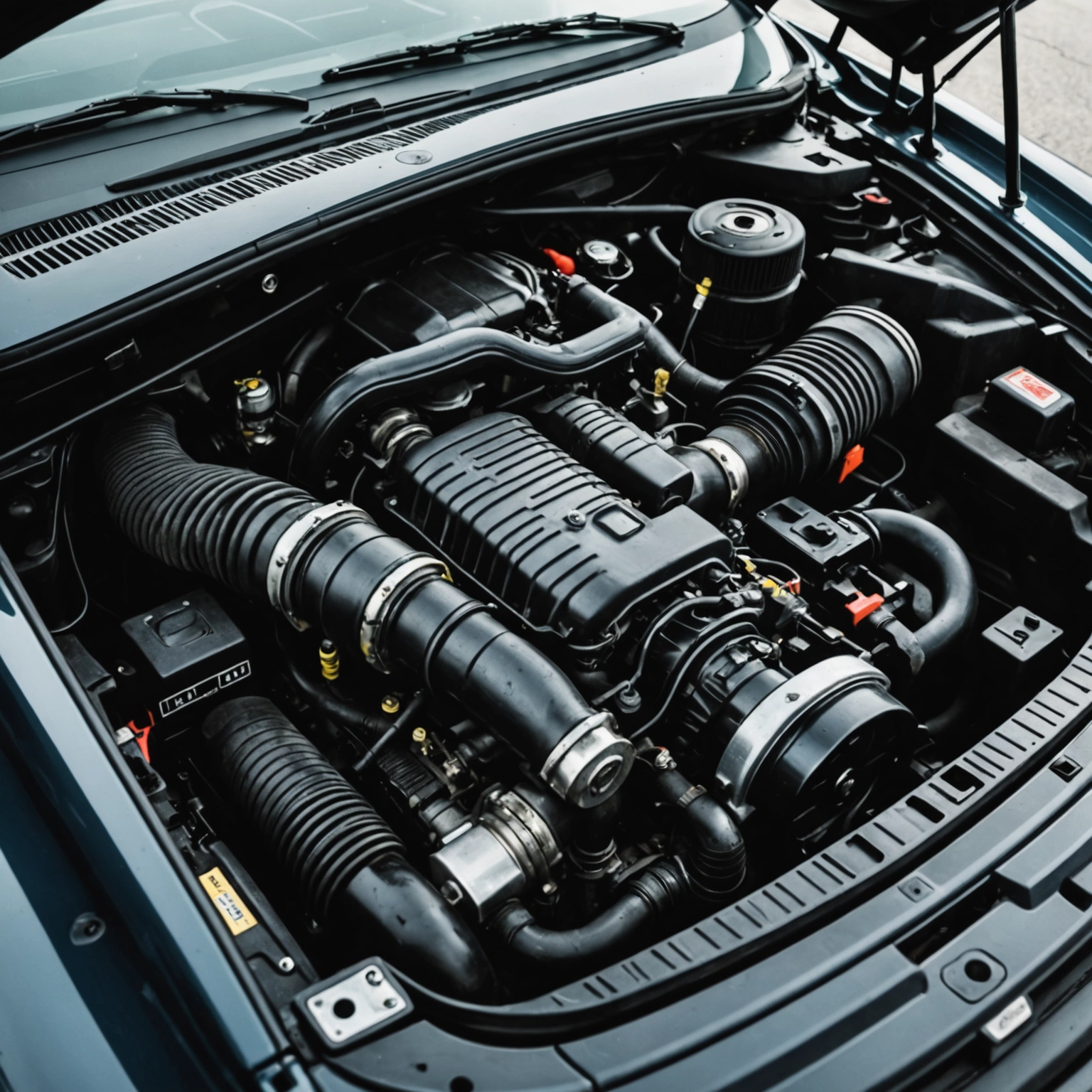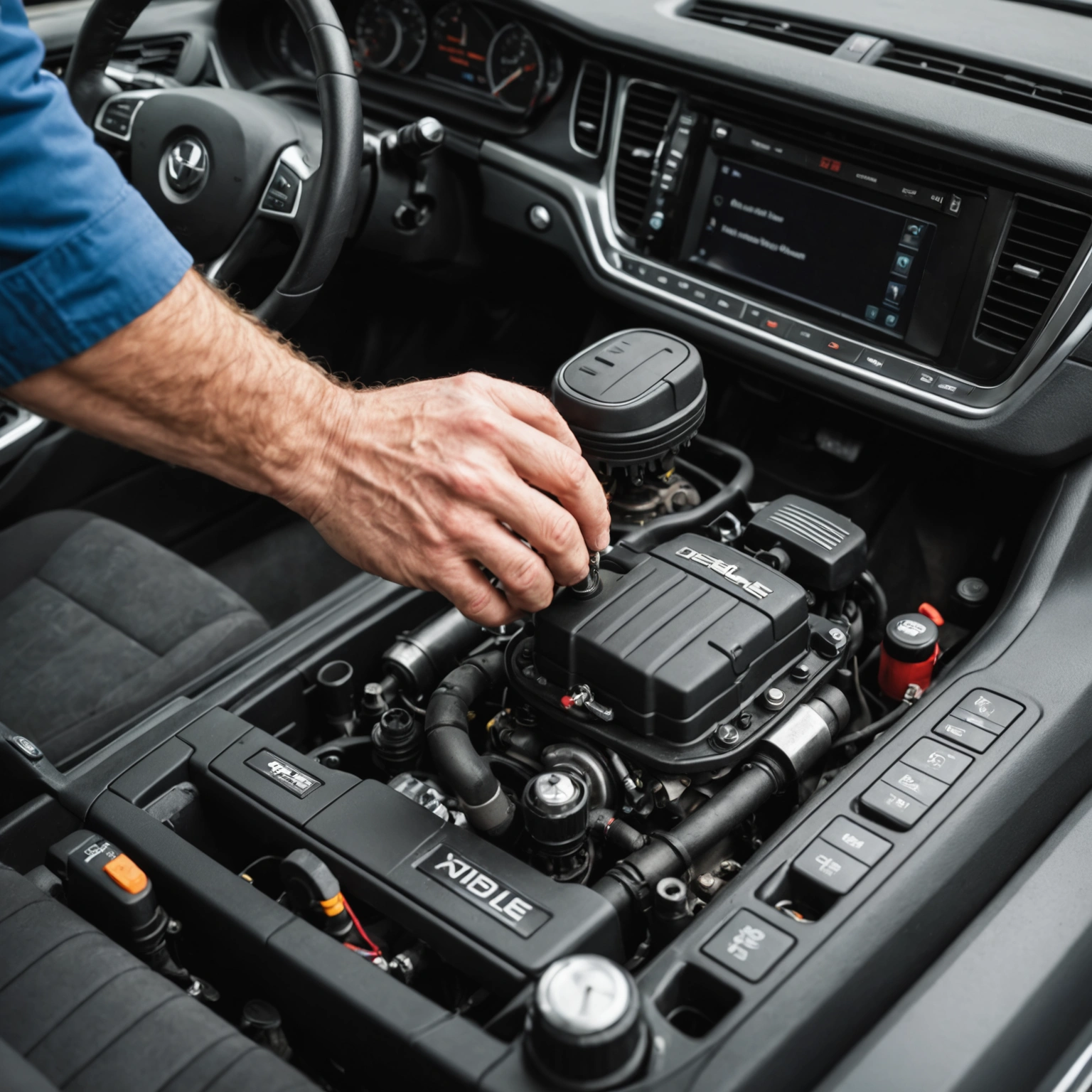**Why Does My Car Shake on Idle? Understanding the Causes and Solutions**
Experiencing your car shake or vibrate while idling can be unsettling. While it might seem minor, persistent shaking can indicate underlying issues that, if left unaddressed, may lead to more significant problems down the road. Let’s explore the common reasons behind this phenomenon and what you can do about it.

### Common Causes of Car Shaking at Idle
1. **Engine Misfire**

– An engine misfire occurs when one or more cylinders aren’t firing properly. This can cause rough idling and shaking. Causes of misfires include faulty spark plugs, ignition coils, or fuel injectors.
2. **Worn or Faulty Spark Plugs**

– Spark plugs ignite the air-fuel mixture in the engine cylinders. Worn or fouled spark plugs can lead to poor combustion, resulting in rough idling and shaking.
3. **Dirty or Clogged Fuel Injectors**

– If fuel injectors are dirty or malfunctioning, the engine may not receive the proper amount of fuel, causing uneven combustion and engine vibration.
4. **Vacuum Leaks**
– A vacuum leak allows unmetered air into the engine, disrupting the air-fuel mixture. This imbalance can cause rough idling and shaking.
5. **Worn or Damaged Motor Mounts**
– Motor mounts secure the engine to the vehicle frame. Worn or broken mounts can cause the engine’s vibrations to transfer to the chassis, making the entire car shake when idling.
6. **Dirty or Faulty Idle Air Control Valve**
– The idle air control valve manages the engine’s idle speed. If it’s dirty or malfunctioning, the engine may struggle to maintain a steady idle, leading to shaking.
7. **Ignition System Issues**
– Problems with ignition components such as coils, wires, or the distributor (in older vehicles) can cause inconsistent firing and rough idling.
8. **Uneven Tire Pressure or Wheel Imbalance**
– While primarily a suspension or wheel issue, uneven tire pressure or wheel imbalance can cause vibrations that may be more noticeable at idle or low speeds.
### Diagnosing the Problem
If your car shakes at idle, consider the following steps:
– **Visual Inspection:** Check for obvious issues like loose or damaged spark plug wires, fluid leaks, or visible damage to engine components.
– **Listen for Unusual Noises:** Rough idling may be accompanied by knocking, sputtering, or other irregular sounds.
– **Check Engine Light:** If illuminated, use an OBD-II scanner to retrieve diagnostic trouble codes, which can point directly to the problem.
– **Feel for the Vibration:** Note whether the shake is localized (e.g., engine bay only) or felt throughout the vehicle.
### When to Seek Professional Help
While some minor issues can be addressed with basic maintenance, persistent or severe shaking warrants professional diagnosis. A qualified mechanic can perform comprehensive checks, including compression tests, fuel system analysis, and motor mount inspection.
### Preventive Tips
– Regularly replace spark plugs and ignition components.
– Keep fuel injectors clean with fuel system cleaners.
– Ensure proper tire pressure and wheel alignment.
– Schedule routine engine tune-ups and inspections.
—
**In summary**, a car that shakes at idle often points to ignition, fuel, or engine mounting issues. Addressing these problems promptly will not only improve your driving comfort but also help maintain your vehicle’s performance and longevity. If your car continues to shake despite basic maintenance, don’t hesitate to consult a professional mechanic for a thorough diagnosis.

